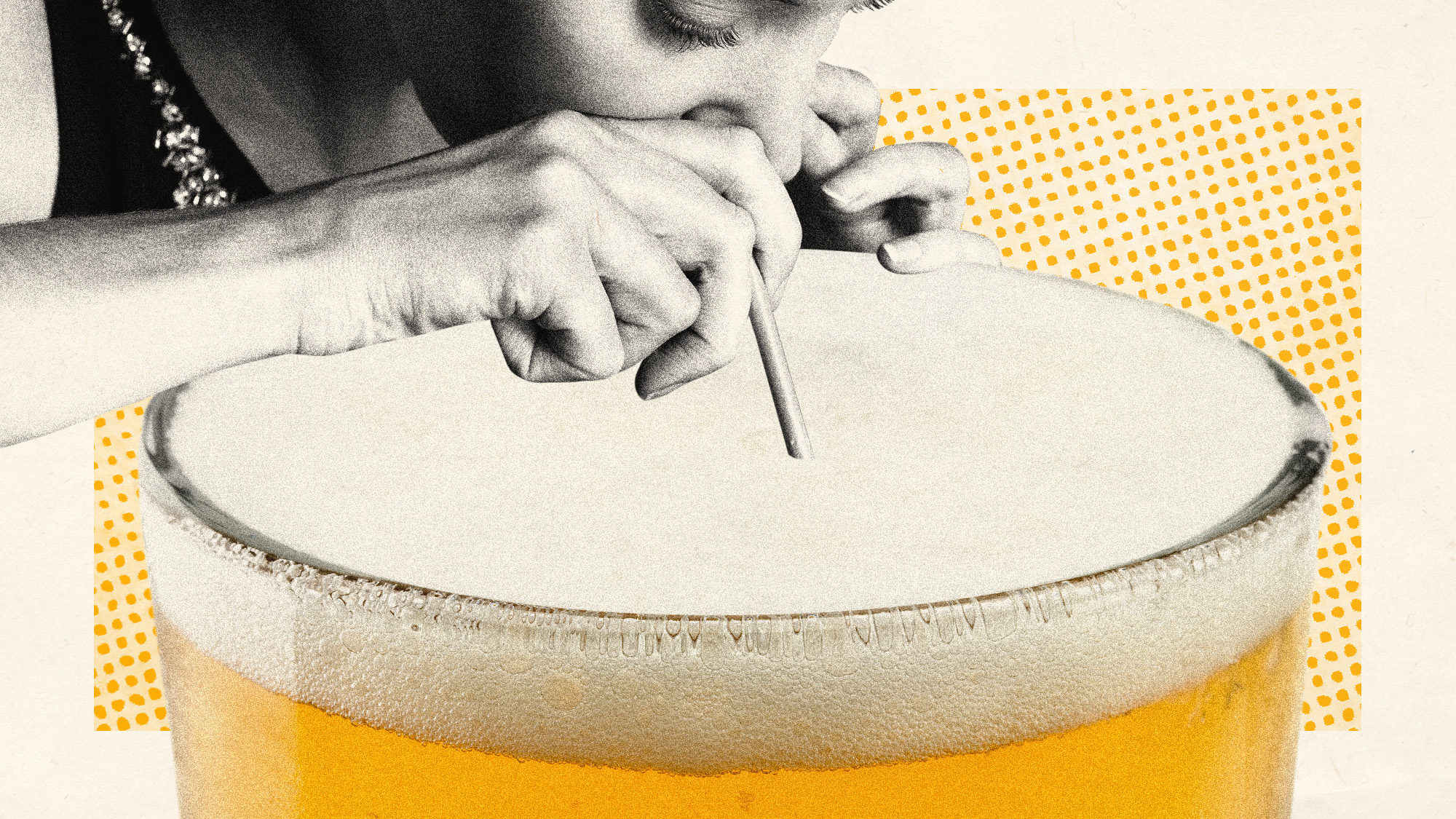Bolivia's battle to decriminalise coca leaf
WHO study boosts South American nation's desire to export cocaine ingredient

A free daily email with the biggest news stories of the day – and the best features from TheWeek.com
You are now subscribed
Your newsletter sign-up was successful
Bolivia is pushing for the global decriminalisation of coca leaf – the main ingredient of cocaine – to export the plant and ease its economic crisis.
The South American nation is the world's third-largest producer of both the ancient leaf and cocaine itself. But outside of Bolivia, Peru and Colombia, the leaf is still classified as a narcotic by the United Nations and is on its list of prohibited drugs. The US and other Western nations have long "blocked Bolivia's attempts to decriminalise the leaf", blaming coca farmers – cocaleros – for "many of the world's drug problems", said The Independent.
But a "landmark" recent decision by the World Health Organization to launch a study into the non-narcotic benefits of coca has "rekindled the old hopes of Bolivian farmers". This study, which a committee will consider in October, is "the first step in a lengthy process to decriminalise the leaf worldwide".
The Week
Escape your echo chamber. Get the facts behind the news, plus analysis from multiple perspectives.

Sign up for The Week's Free Newsletters
From our morning news briefing to a weekly Good News Newsletter, get the best of The Week delivered directly to your inbox.
From our morning news briefing to a weekly Good News Newsletter, get the best of The Week delivered directly to your inbox.
Coca, Morales and UN prohibition
Indigenous communities in South America – including the Quechua and Aymara in Bolivia – have long used coca leaf in spiritual rituals and medicinal concoctions. But Bolivians' legal right to chew the leaf was lost when the country (then under a dictatorship) joined the UN's 1961 Single Convention on Narcotic Drugs, which has since underpinned international drug policy.
In 2011, President Evo Morales (the country's first Indigenous ruler and a former coca producer and union leader) notified the UN that Bolivia would be withdrawing from the convention.
Morales, who had already famously thrown the US Drug Enforcement Agency out of Bolivia, argued that the ban contravened the new 2009 constitution, which promised to "protect native and ancestral coca as cultural patrimony". The leaf, the argument went, was "not a narcotic" in its natural state. In 2013, Bolivia reacceded to the convention – with an exemption for chewing coca leaves.
But Morales's push for a WHO study on coca ended in 2019, when he ran for an unconstitutional third term in office. Protests swept the nation, leading to his resignation.
A free daily email with the biggest news stories of the day – and the best features from TheWeek.com
The push for exportation
It is currently legal to grow coca plants in several countries – as long as they are not used to make cocaine. Colombia was responsible for almost two-thirds of total cultivation in 2022, followed by Peru and then Bolivia, according to Statista.
Cocaleros farm the plant to sell inside Bolivia as a mild stimulant, or as "a modern-day miracle cure that relieves altitude sickness, boosts stamina and dulls hunger", said The Independent.
More recently, the "well-heeled" have been able to enjoy a "deluge of coca-related products", including vodka, rum – and a new $2 beer from a government-authorised distillery. But the coca-infused products remained "limited to artisanal fairs" and the landlocked country's borders.
Now, the government is "reviving its decades-long push" to make the plant legal to export, and "create a global market" for coca products like liquor, soap and toothpaste.
"Exporting is a desire that my people and I have had since I was a child," said Lizzette Torrez, leader of one of Bolivia's main coca-grower unions.
President Luis Arce urged the UN to see the WHO review as an opportunity to correct a "grave historical error".
Bolivia's economic crisis
Bolivia's state-regulated coca business already generates about $279 million a year – but global decriminalisation would bring far more much-needed revenue.
The nation is facing "one of the worst economic and financial crises in its history", said The Diplomat this month. GDP growth is "at its lowest level in two decades", while the nation is struggling with a recession, high inflation and high rates of unemployment.
The country's central bank is also "running out of foreign currency", especially US dollars, which much of the middle class "relies on for financial stability". Arce's socialist-led government is seeing "souring" relations with the US, while long-term shortages of natural gas and electricity "add to the turmoil".
Getting coca products into global markets could prove "challenging", however, said GZERO. The WHO began its review of the leaf last autumn and will submit its research to the UN by October for a vote next year.
"We'll be watching," said GZERO, a subsidiary of the risk analysis firm Eurasia Group, "to see whether we can toast their decision with this new coca brew."
Harriet Marsden is a senior staff writer and podcast panellist for The Week, covering world news and writing the weekly Global Digest newsletter. Before joining the site in 2023, she was a freelance journalist for seven years, working for The Guardian, The Times and The Independent among others, and regularly appearing on radio shows. In 2021, she was awarded the “journalist-at-large” fellowship by the Local Trust charity, and spent a year travelling independently to some of England’s most deprived areas to write about community activism. She has a master’s in international journalism from City University, and has also worked in Bolivia, Colombia and Spain.